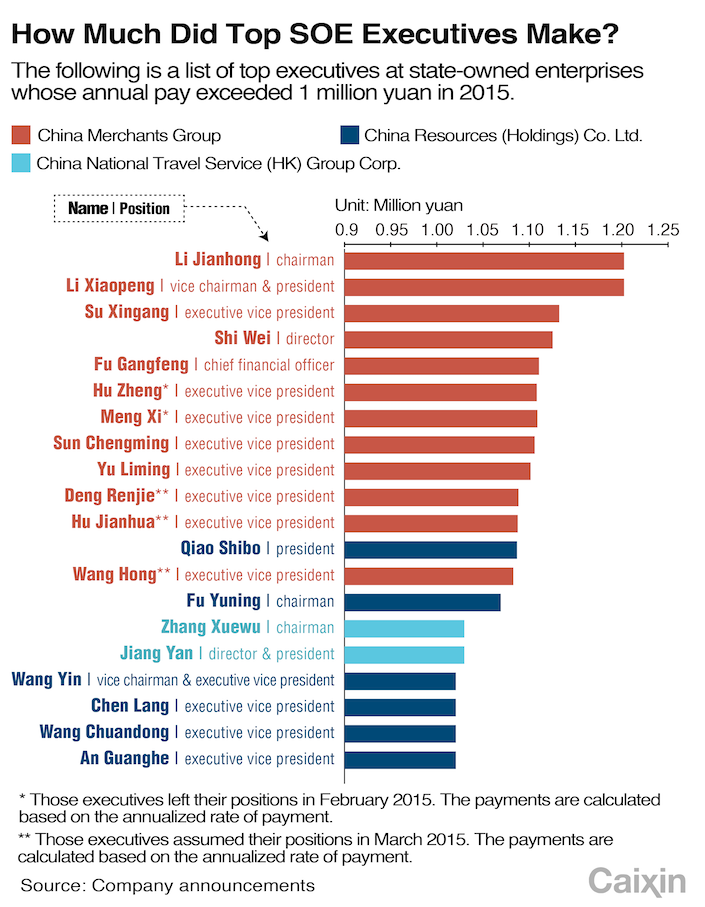Friends, followers, buckle up! The rumored salary cap of 300 million yuan (roughly $41.5 million USD) for executives at China’s centrally-administered state-owned securities firms is officially on. I’m getting confirmation from multiple sources – senior management at these firms, no less – that the crackdown on exorbitant pay is fully underway, with tiered compensation structures now in place for all employees.

Photo source:www.caixinglobal.com
For context, we’re talking about a landscape where executive compensation routinely soared past 5 million yuan, even hitting ten figures! This isn’t some distant threat; the 2024 annual reports paint a clear picture of a rapid descent. Most firms have already pulled back salaries to fall under this 300 million yuan limit.
As of April 27th, a paltry three domestic brokerages – Orient Securities, Huaxin Shares, and First Securities – still showed Chairman or General Manager compensation exceeding that benchmark. Orient Securities’ Chairman led the pack at 5.0198 million yuan. But here’s the kicker – Orient Securities started as a financial information provider, a fintech player. Whether it falls squarely within the scope of this brokerage salary cap remains… debatable.
Let’s unpack this a bit. What is driving this?
This move stems from broader regulatory efforts to reign in excessive compensation within the financial sector. It’s a clear signal about curbing inequality and promoting a more stable financial system.
What does the 300 million yuan cap mean?
It’s a hard limit placed on the total remuneration package – salary, bonuses, stock options, everything – for top executives.
What’s the cascading effect on the industry?
Expect a ripple effect across the entire securities industry, impacting talent acquisition and retention. Brokerages will likely focus on non-monetary benefits and performance-based incentives.
Looking ahead…
Is this truly a revolutionary shift, or just a superficial attempt to appease public sentiment? We’ll be watching closely. This is a critical moment for China’s financial sector. The real test comes in whether this initiative will successfully reshape the industry’s compensation culture, or simply drive talent elsewhere.





